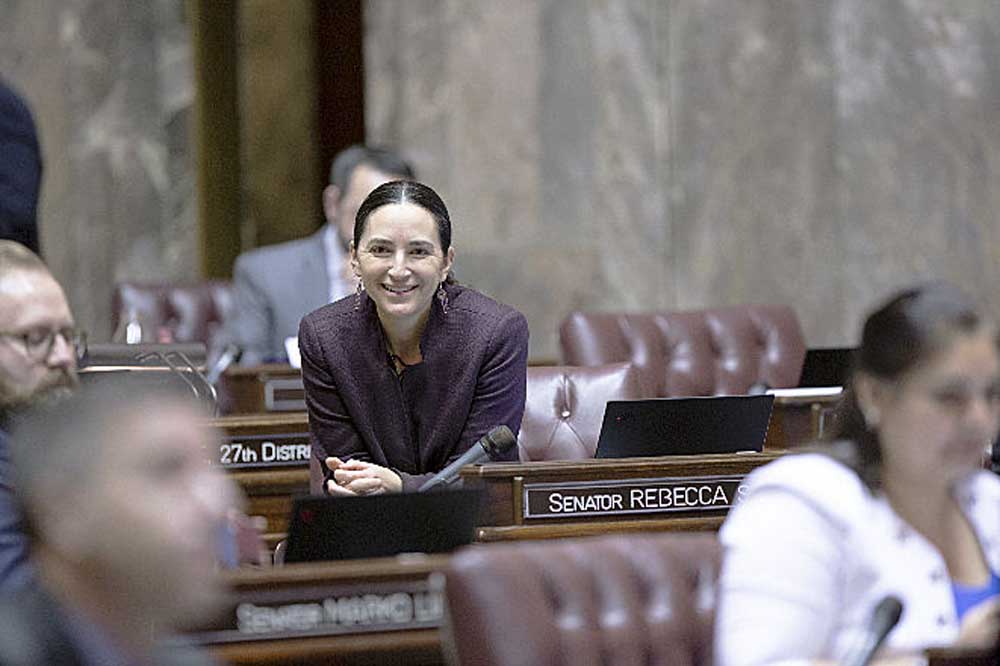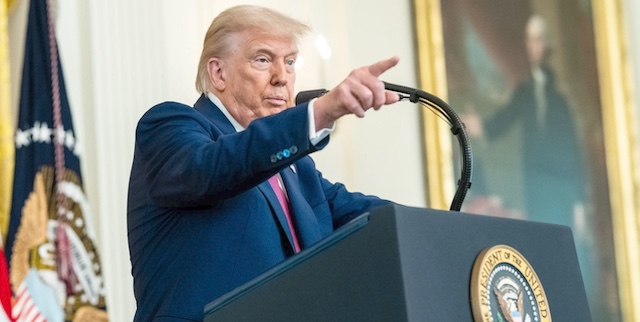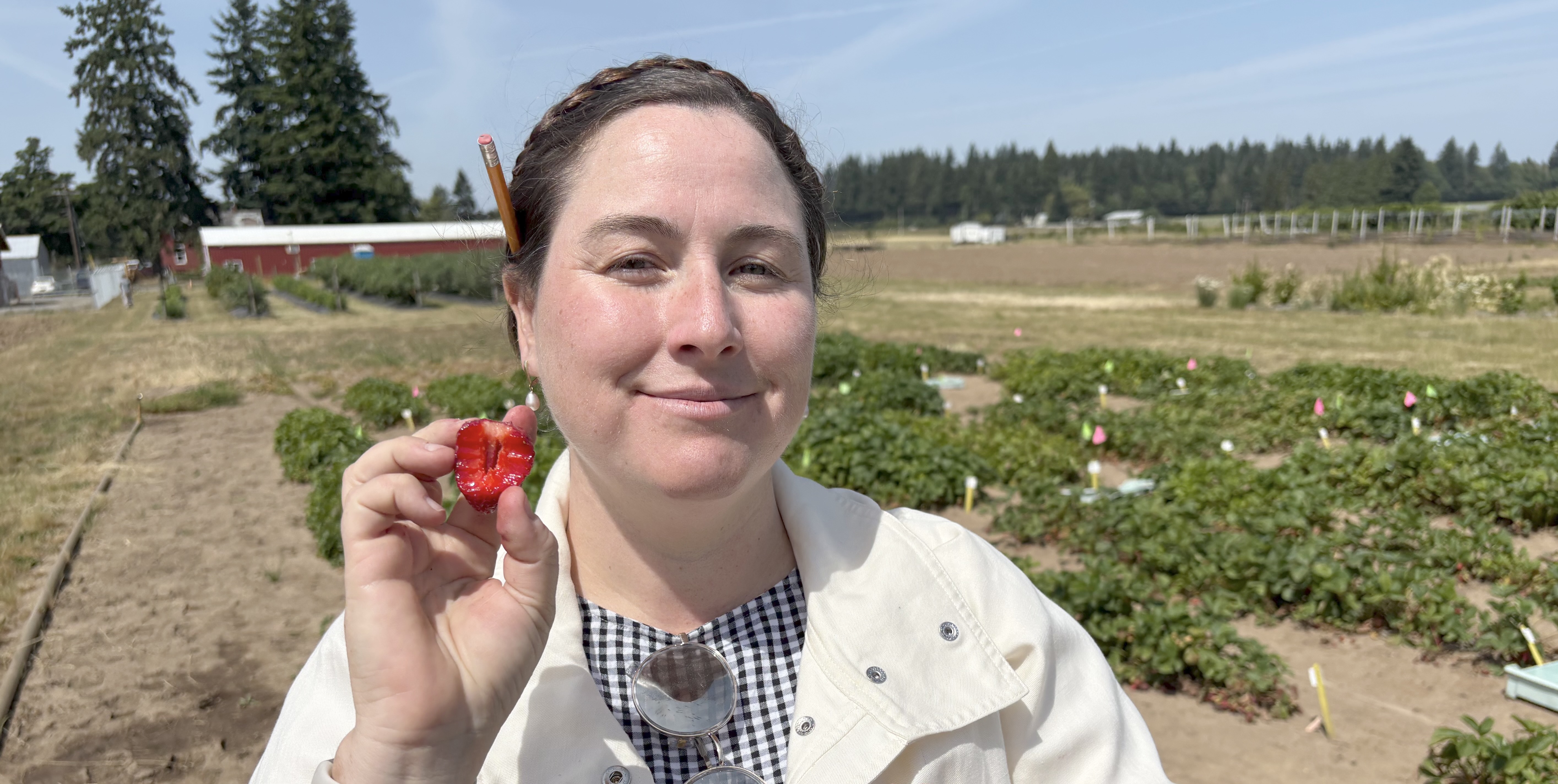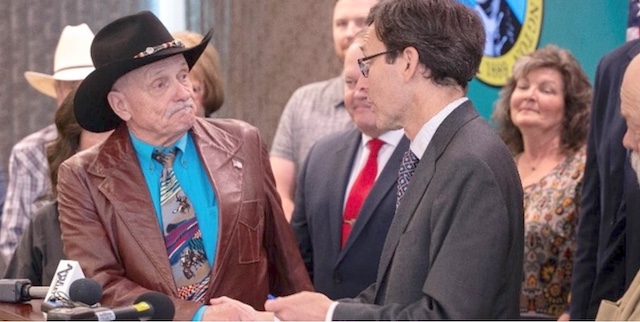Washington Senate Democrats champion environmental justice
Published 9:45 am Tuesday, February 9, 2021

- Washington state Sen. Rebecca Saldana, D-Seattle, sits at her desk on the Senate floor in Olympia in 2019. She has introduced a bill to create an environmental justice council and an Office of Environmental Justice Advocate.
OLYMPIA — Senate Democrats propose that an unelected “environmental justice council” with 12 voting members control spending and policy decisions by several agencies, including the agriculture department.
With council oversight, agencies would be required to implement recommendations in a recent report by a legislative task force. “The state should focus on the unpaid debts from slavery and colonization,” according to the report.
The Senate Environment Committee was scheduled to approve Senate Bill 5141 on Tuesday. The bill also would create the Office of Environmental Justice Advocate to enforce the new council’s orders.
Washington Farm Bureau director of government relations Tom Davis said the proposal’s disregard for democratic norms was “unprecedented.”
“The reason it’s unprecedented is that because up until now our democratic form of government would not have entertained or allowed this approach of governance to proceed,” he said.
The legislation was introduced by Sen. Rebecca Saldana, D-Seattle, and is co-sponsored by 13 Democrats.
The environmental justice council, appointed by the governor, would include seven members picked from “community-based organizations.”
Two members would be “environmental justice experts” and one would be picked “based on applied and demonstrated work and focus on environmental justice.”
Rounding out the panel would be a representative of Indian tribes and the environmental justice advocate, who would head up the Office of Environmental Justice Advocate.
The office would monitor whether agencies are complying with the council’s guidelines. The guidelines would not apply to tribal lands, though tribes would have a voting member on the council.
The council would have three state agency representatives, but they would not have votes.
The bill enjoys support from environmental groups, climate activists and representatives of minority groups.
The bill’s stated intent is to implement the recommendations of the environmental justice task force created by the Legislature in 2019. Saldana said her bill was the result of two years of work, much of it done by the task force.
According to the task force’s report, “racism is ingrained in our history and deeply embedded in our institutions today, leading to the inequities we see across all sectors.”
The task force asserted that the “historic origins of American policing are traced to slavery” and adopted studying “opportunities for reparations” for “historical harms” as one of its “model” policies.
Farm Bureau CEO John Stuhlmiller said Monday he agreed to be on the task force, hoping to talk about problems such as access to health care in rural areas.
He said he went to one meeting, but opted out after that.
“The whole process was about a deconstruction of our society and rebuilding it in a new system,” he said. “To say, ‘everything that has gone on before is a failure,’ is not a premise we agree with.”
Stuhlmiller called the environmental justice legislation a “political science experiment, basically.”
“I’ve never seen anything quite like this,” he said.
At a minimum, the departments of agriculture, natural resources, transportation, commerce, ecology health and the Puget Sound Partnership would answer to the Environmental Justice Council.
Other state agencies, however, could opt in and place themselves under the council.
Washington Friends of Farms and Forests executive director Heather Hansen said the environmental justice advocate would have more power than the governor.
“This single unelected person could stop any agency action,” she said.
The advocate appointed by the governor would not be subject to confirmation by the Senate.






